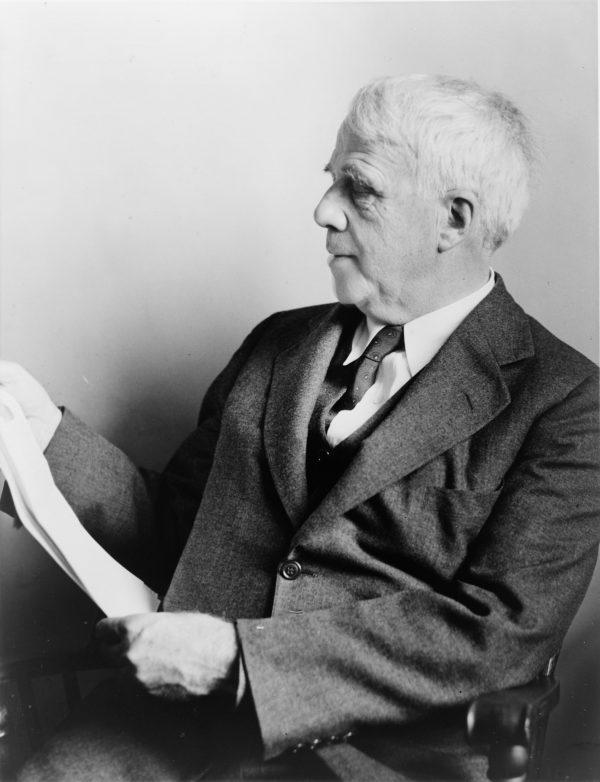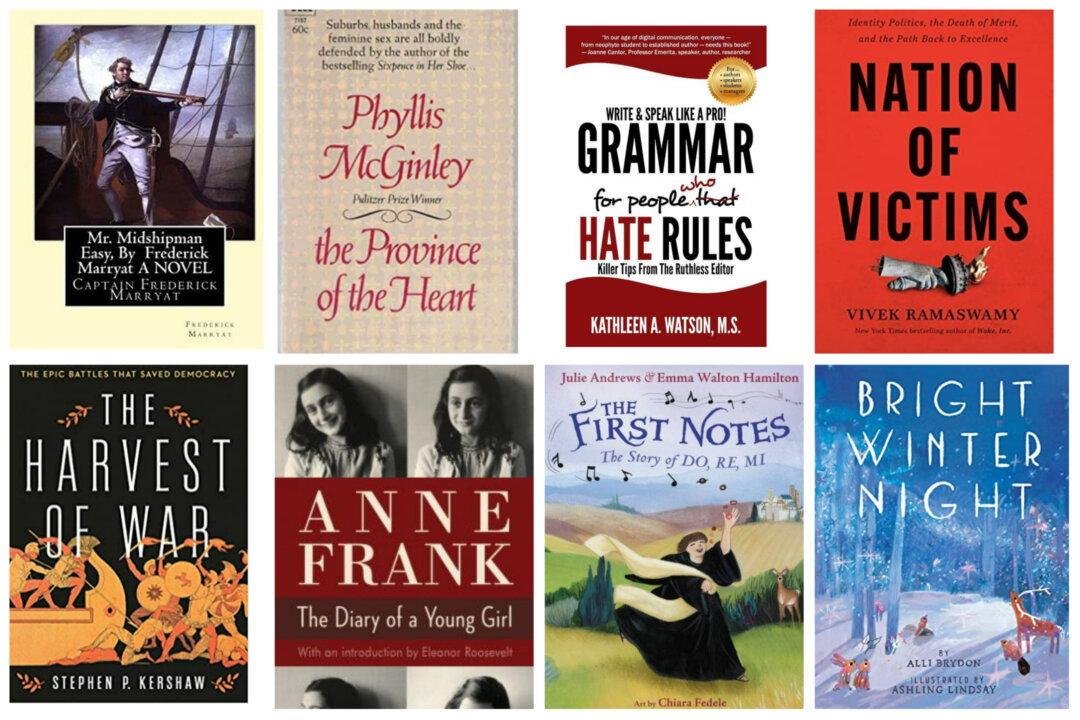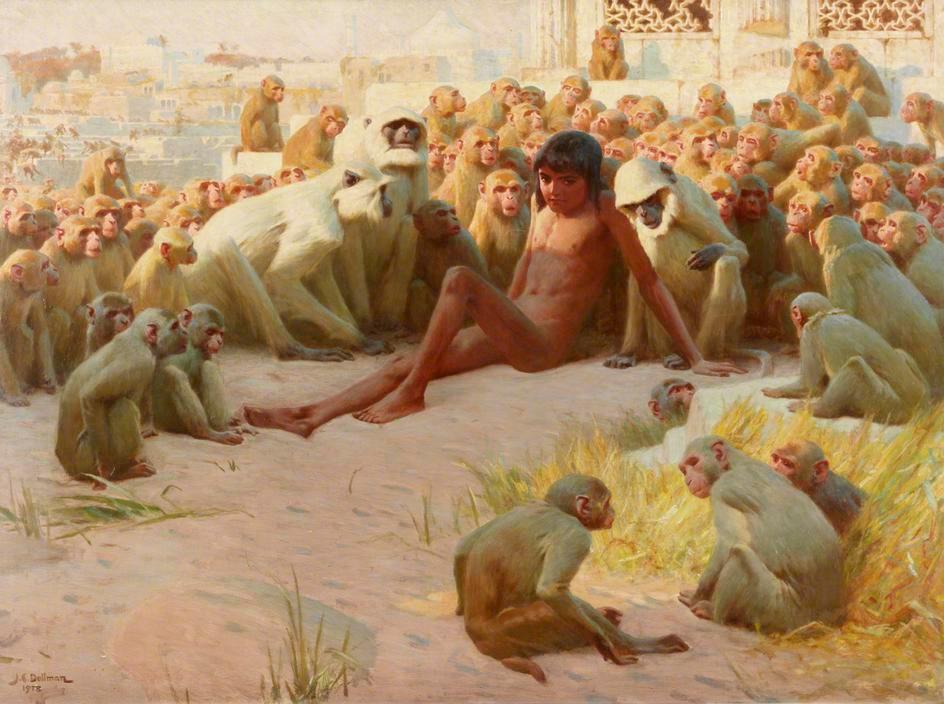Nature’s first green is gold, Her hardest hue to hold. Her early leaf’s a flower; But only so an hour. Then leaf subsides to leaf. So Eden sank to grief, So dawn goes down to day. Nothing gold can stay.
There is nothing like a paradox to entice the mind to discover a suggested secret. Such paradoxes and such secrets lie at the heart of many good poems, and “Nothing Gold Can Stay” by Robert Frost stands among them, with paradoxes that are alluring and a secret that is sobering.
Robert Frost in 1941. Public Domain





